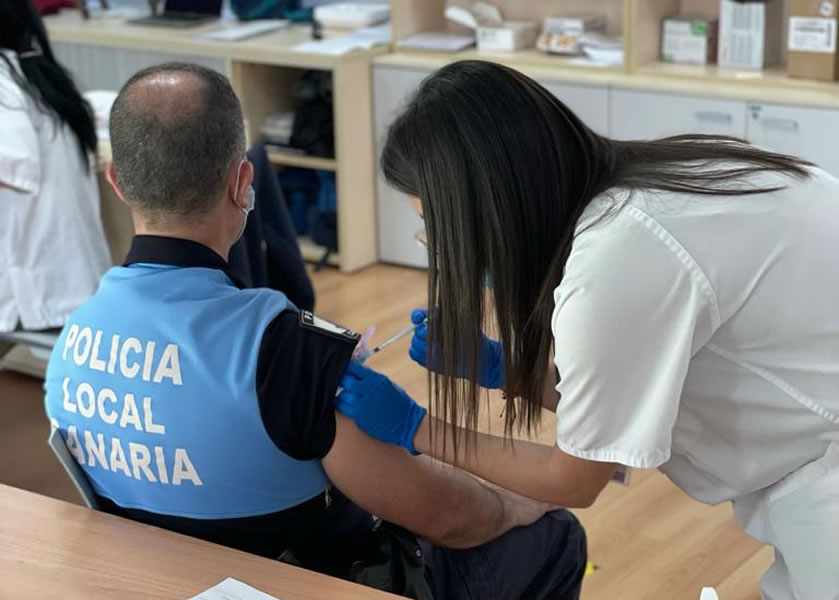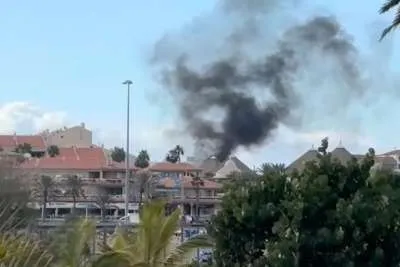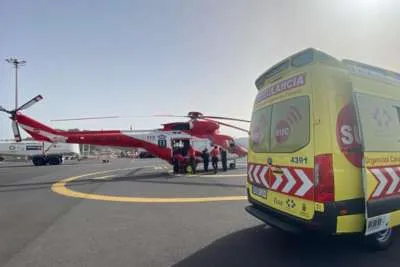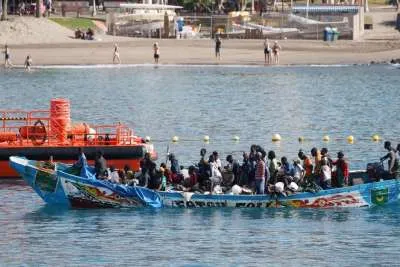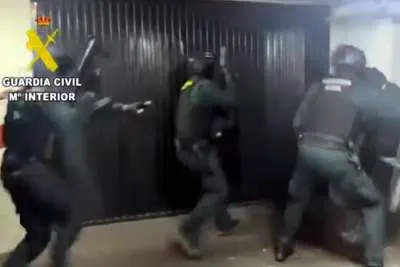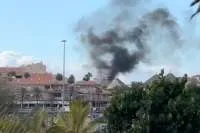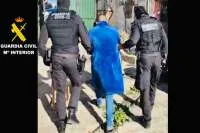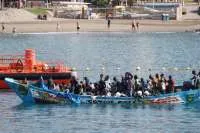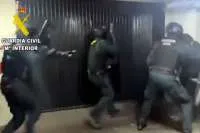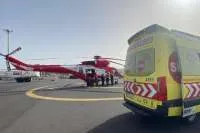Vaccination of teachers and police resumes with Pfizer and Moderna
- 05-05-2021
- Health
- Canarian Weekly
The Ministry of Health of the Canary Islands said yesterday, that this week they are re-scheduling and giving appointments to people in Groups 3 and 6 who they stopped vaccinating with Astra Zeneca. These groups include non-frontline health workers as well as teachers and members of the police, and the over 60’s in these groups have already been vaccinated as planned, with AstraZeneca, and now those under 60 in these groups will receive the Pfizer or Moderna jabs.
Latest data shows that up until yesterday, the personnel of the vaccination teams of the Canaries Health Service had administered at least a first dose of one of the vaccines to 459,589 people, which represents 24.58% of the target population of the Canary Islands. In addition, 191,329 people had been immunized with a full schedule (either two doses or Janssen single dose), representing 10.23% of the target population.
Regarding the group over 60 years of age, more than 70% of this population has now been vaccinated, and a large part of the rest of this group have their appointments. For this reason, this week the vaccination of the people of the groups belonging to groups 3 and 6 who saw their vaccination interrupted after the stoppage of the inoculation of the AstraZeneca vaccine to people under 60 years of age will be resumed.
In total, this group is made up of about 66,000 people and before the stoppage of the Astra Zeneca vaccine, 18,821 people had already been vaccinated, which are still pending the technical decision by the Inter-territorial Council of the National Health System (SNS) on its second doses. This advance will also allow starting vaccination of people under 60 years of age.
In the last two days the Canary Islands have received 66,700 doses of Pfizer and this coming Friday, 14,100 of Moderna are expected to arrive. The Ministry of Health is awaiting confirmation of the number of doses and the date on which the next shipments of Astra Zeneca and Jannsen will arrive.
With the re-scheduling of Groups 3 and 6, and the pending arrival of more and more vaccines, here is the latest revision of the National Vaccination Strategy, which is broken down in to Stage I and Stage II:
STAGE I:
Group 1: Residents and health and social health personnel who work in residences for the elderly and care for large dependents.
Group 2: Front-line personnel in the health and social-health field (different from group 1).
Group 3: Other health and socio-health personnel (not included in group 2)
Group 4: People considered highly dependent (grade III) and main carers.
STAGE II:
Group 5: People aged over 65, over 70, over 80+, non-residents of nursing homes.
Group 6: Active groups with an essential function for society (Teachers, police, security forces).
Group 7: People under 60 with very high risk health conditions.
These include: Hematopoietic stem cell transplantation, solid organ transplantation (and on waiting list for it), people on hemodialysis and peritoneal dialysis, oncohematological diseases, solid organ cancer being treated with cytotoxic, metastatic chemotherapy or with radiotherapy for tumors of thoracic location with risk of pneumonitis, Primary immunodeficiencies, HIV infection with less than 200 cells/ml despite effective ART and undetectable viral load, and Down syndrome (aged 40 and over).
Group 8: People between 60 and 65 years of age (born between 1956 and 1961, both inclusive).
Group 9: People between 51 and 59 years of age (born between 1962 and 1970, inclusive).


